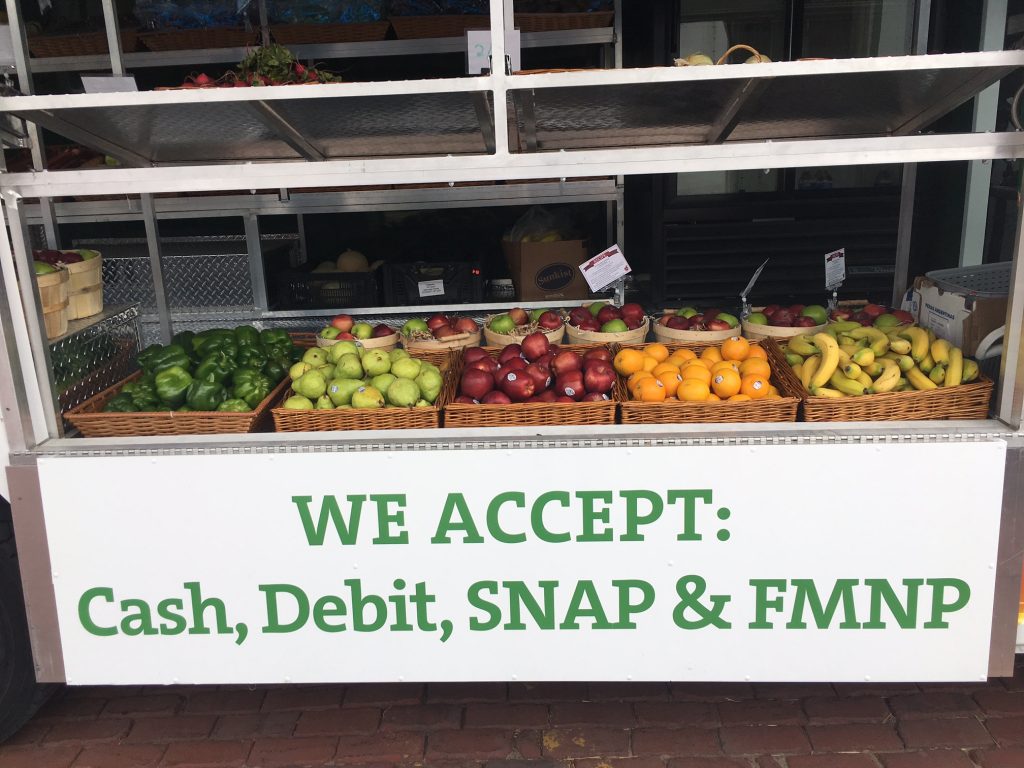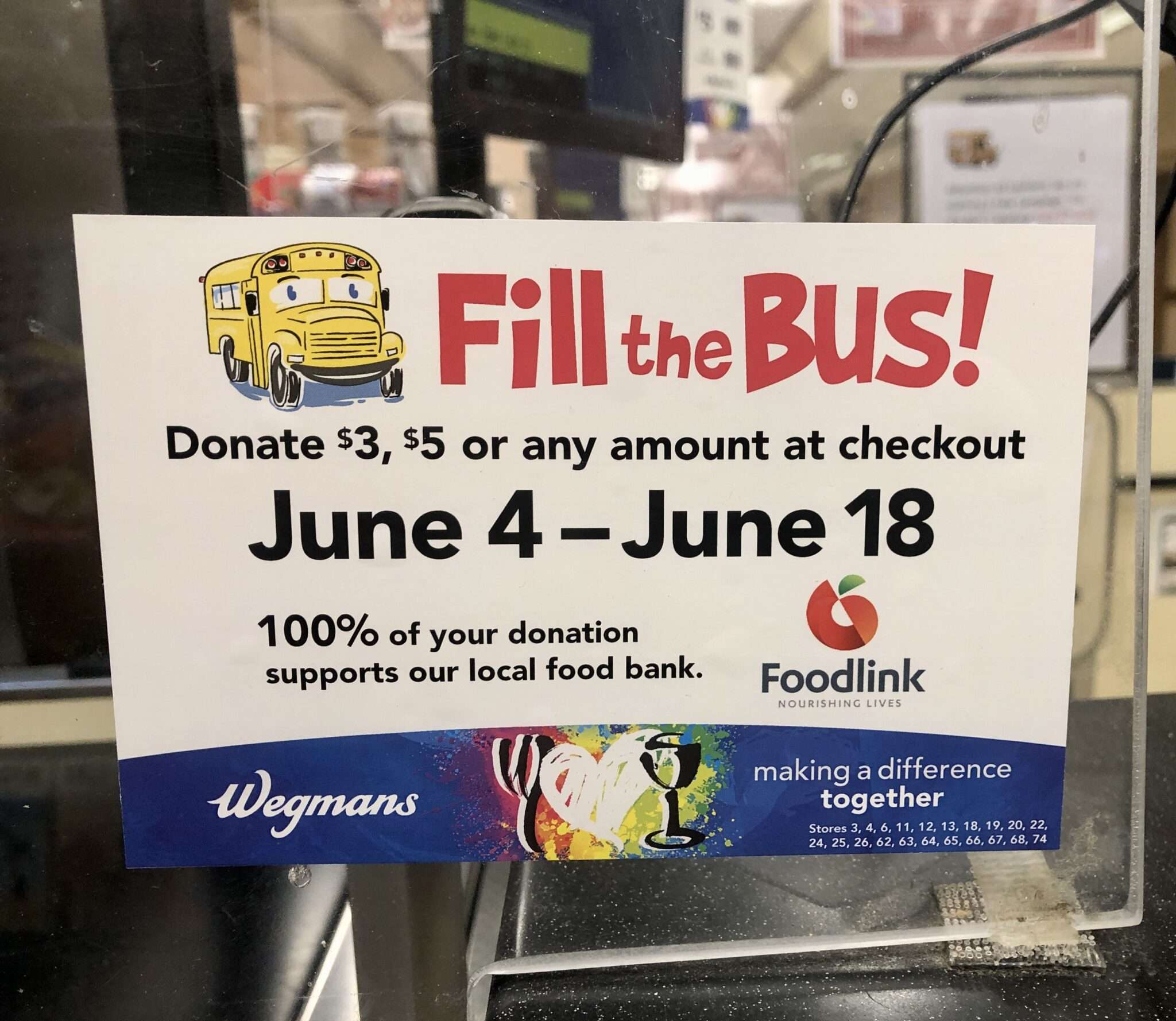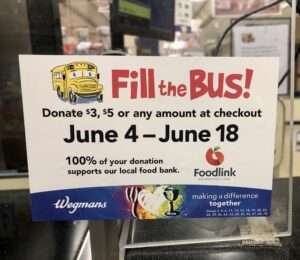
Foodlink submitted the following public comment on a proposed rule by the Food and Nutrition Service (FNS) of the United States Department of Agriculture (USDA) that would limit states’ ability to waive time-limits connected to eligibility for the Supplemental Nutrition Assistance Program (SNAP).
Federal law already requires that states limit SNAP eligibility to just three months out of every three years for unemployed and underemployed adults without dependent children unless they can document 20 hours of work a week. Now the USDA has proposed to make those time limits even harsher. USDA’s proposed rule would undercut states’ ability to waive these strict time limits in many areas where there are too few jobs. The USDA estimates its proposal would eliminate SNAP benefits for an additional 755,000 adults and cut SNAP benefits on a ten-year basis by $15 billion.
The following is Foodlink’s statement in response to this proposed rule:
Foodlink strongly opposes the USDA’s Proposed Rule on SNAP requirements and services for Able-Bodied Adults Without Dependents (ABAWDs). The proposed changes would cause serious harm to low-income individuals and families in the Rochester region – and across the country.
Foodlink is the regional food bank serving Rochester and the Finger Lakes region of New York that provides over 18 million of pounds of food to hundreds of partner organizations every year. We efficiently connect food to people in the most innovative ways, however for every meal that the emergency food system provides in our area, SNAP benefits provide 12. In addition, for every dollar spent with SNAP benefits in our region, $1.79 is generated in the local economy. Foodlink’s Curbside Market (a mobile farmers market that serves low-income communities) recorded over 40,000 transactions and redeemed over $60,000 in SNAP benefits alone. If this rule change went into effect, the charitable sector would not be able to make up the gap in the benefits for individuals, and local businesses and agriculture will suffer. Hunger, diet-related illness, and poverty will increase in our region as a result of a proposal that Congress already rejected in bipartisan fashion during the Farm Bill negotiations of 2018.
SNAP currently imposes a 3-month time limit on receipt of benefits by individuals between the ages of 18 – 49 who aren’t raising minor children in their homes. The USDA also currently grants waivers to states and regions with persistently high unemployment, including eight counties in Foodlink’s service area (Allegany, Genesee, Monroe, Orleans, Seneca, Wayne, Wyoming, and Yates). If the proposed rule change were approved, those areas would no longer qualify for waivers under the new unemployment floor (at least 6%), which would deny thousands of individuals access to food on a daily basis.
Although most counties in our service area have an unemployment rate under 5%, those numbers do not take into account significant barriers to employment in our region. African Americans and individuals without a college degree have an approximately 10% unemployment rate, and many more individuals are underemployed or work in seasonal industries. Despite the fact that the majority of SNAP recipients are employed, it is extremely common to experience a reduction in hours that would place them below 20 hour/week minimum to qualify for food assistance. Limited transportation and deindustrialization also present barriers to employment that will not be overcome in the short term. By the federal government’s own admission, if the rule change were implemented, two-thirds of ABAWDs currently receiving SNAP would become categorically ineligible for a waiver and would be removed from the program. Without the addition of new jobs and effective workforce training programs, this would result in a significant increase in the number of individuals in need of emergency food resources.
We commend the 47 senators and numerous organizations across the country that have signaled their opposition to this proposed rule change, and we urge you to withdraw this rule from consideration.





